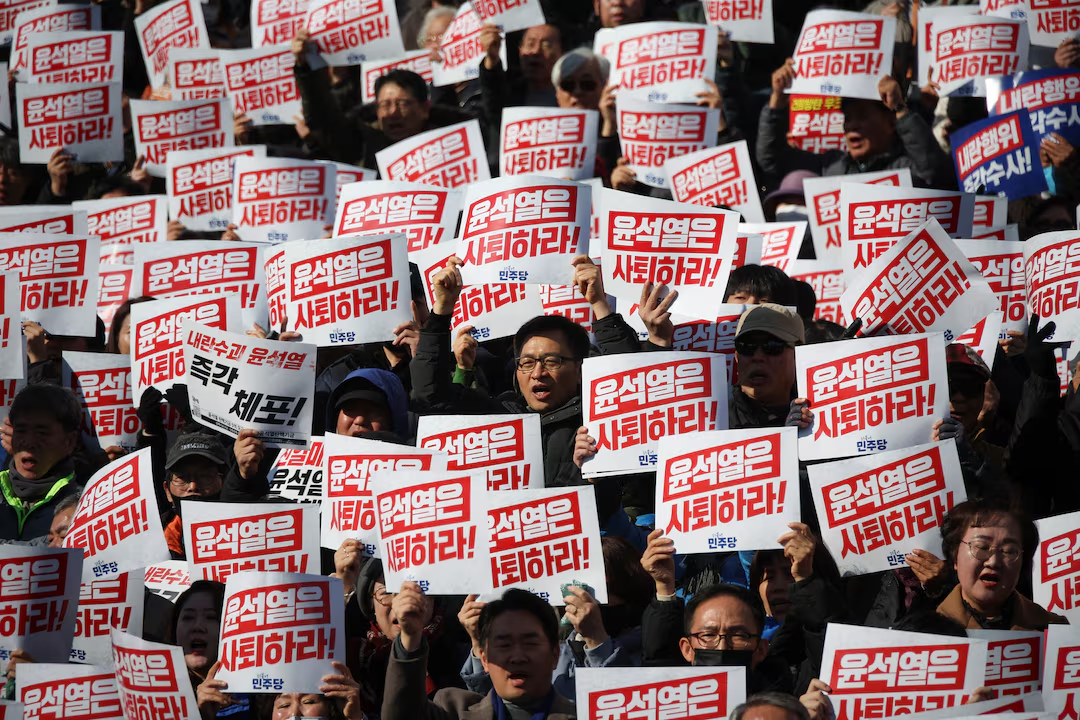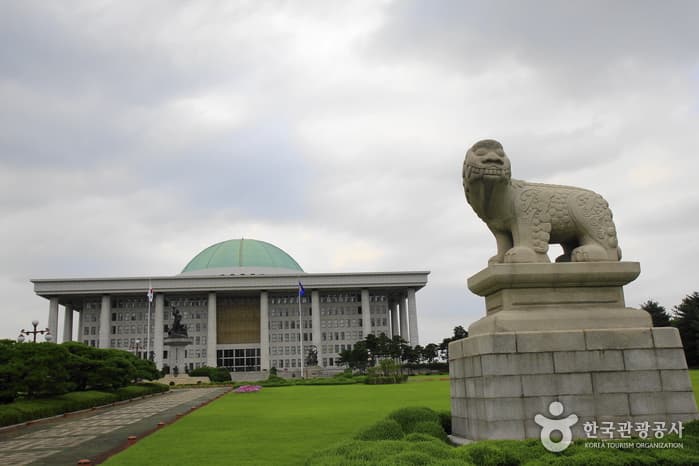In a decisive move that underscores the ongoing struggle for democratic integrity in South Korea, the National Assembly passed a landmark amendment to the Martial Law Act, effectively prohibiting military and police access to its premises without explicit permission from the assembly speaker. This legislation, which passed with overwhelming support—255 votes in favor out of 259 present—signals a critical shift in the balance of power and a staunch defense of civil liberties.
Martial Law Amendment Challenges Authoritarian Tendencies
The amendment, introduced during an extraordinary session of the 426th National Assembly, is a direct response to the troubling events surrounding the imposition of martial law under former President Yoon Suk-yeol. The former administration claimed that the declaration, made under the guise of national security, met procedural requirements. However, the Constitutional Court ruled that the rapidity of the decision-making process—taking only about five minutes—was grossly insufficient and lacked the necessary legislative oversight.
As reported by JoongAng Ilbo, the new law mandates that meeting minutes from the Cabinet meetings leading to any future martial law declarations must be drafted immediately and presented to the National Assembly. This requirement enhances transparency and accountability, ensuring that the voices of elected representatives are not silenced in times of crisis.
Protecting Civil Rights Against Government Overreach
The implications of this amendment extend beyond procedural technicalities; they fundamentally protect the rights of citizens and their representatives. By positioning the National Assembly as a fortress against military intrusion, lawmakers are asserting their constitutional authority to govern without coercive influence from security forces. The law also stipulates that any military or police personnel attempting to violate this access prohibition could face up to three years in prison or fines up to 10 million won. This represents a significant step towards safeguarding civil rights in a country that has historically grappled with authoritarianism.
Historical Context of Martial Law in South Korea
South Korea"s history is marred by periods of martial law, most notably during the military dictatorships of the 1970s and 80s. These historical precedents have instilled a deep-seated wariness of government overreach among the populace. By passing this amendment, current lawmakers are not only addressing immediate concerns but also acknowledging this painful past. The assembly"s actions reflect a broader commitment to ensuring that such abuses of power are not repeated.

South Korea President Yoon declares martial law - December 3 ...
Legislative Support Reflects Public Sentiment
The overwhelming bipartisan support for the amendment is indicative of shifting public sentiment towards government accountability and transparency. In a climate where citizens are increasingly aware of the risks posed by unchecked governmental power, this move has been met with widespread approval. According to recent polling data, a significant majority of South Koreans favor robust legislative measures that protect democratic institutions from potential encroachment by military forces.
Furthermore, the inclusion of provisions that allow congress members who are detained to attend Assembly meetings underscores the commitment to representational democracy. These changes are not merely procedural; they reinforce the principle that every voice matters, even in times of crisis.
Future Implications for Governance and Civil Liberties
The passage of this amendment may very well set a precedent for how future administrations engage with the legislative branch during emergencies. As we look ahead, the relationship between civilian governance and military authority will be critical in shaping the future of South Korea. The National Assembly"s proactive stance on this issue not only protects its own members but also fortifies the foundation of democratic governance in the country.
In a world where civil liberties are increasingly under threat, South Korea"s legislative actions serve as a beacon of hope for those advocating for democratic governance and civil rights. The amendment"s passage is a reminder that the fight for democracy is ongoing and requires vigilance from both lawmakers and citizens alike.



![[Video] Gunfire between Iraqi security forces and Sadr militias in Baghdad](/_next/image?url=%2Fapi%2Fimage%2Fthumbnails%2Fthumbnail-1768343508874-4redb-thumbnail.jpg&w=3840&q=75)
